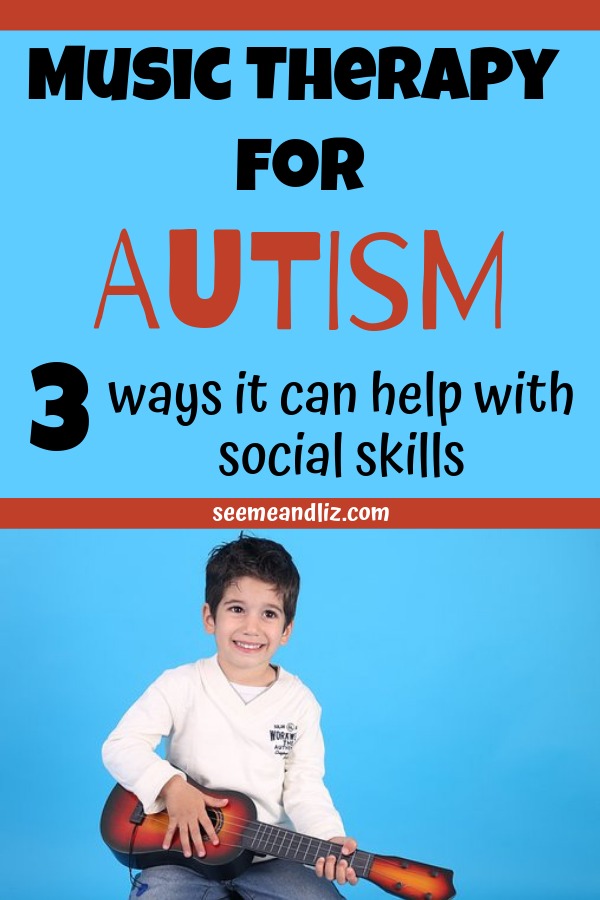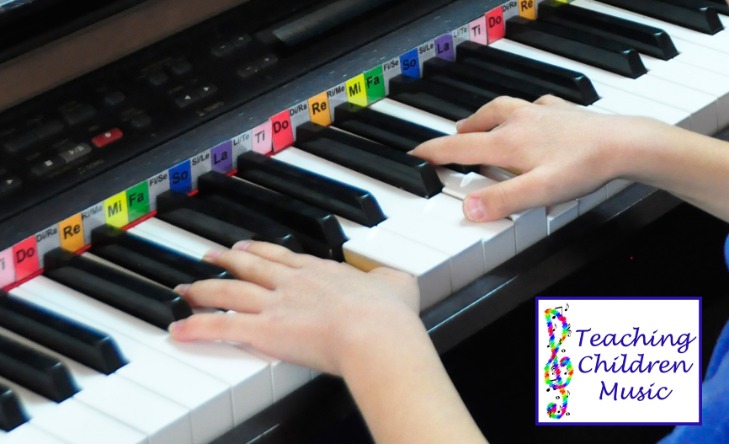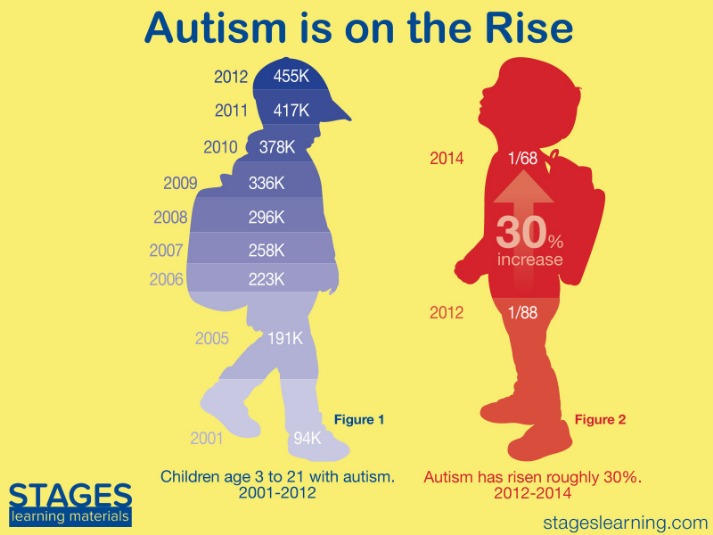Music has long been considered a universal language, connecting people from various backgrounds and abilities. Among the numerous positive effects of music, Piano lessons for Autism stand out for their ability to benefit individuals on the autism spectrum in profound ways.
Why Piano Lessons?
Piano lessons offer a multi-sensory experience that can greatly benefit those with autism. The combination of visual, auditory, and tactile stimuli creates an immersive learning environment. This environment can help develop critical skills such as focus, coordination, and social interaction.
Enhancing Communication Skills
For many individuals on the autism spectrum, communication can be a significant challenge. Through Piano lessons for Autism, students are provided with an alternative mode of expression. Learning to play the piano requires listening, interpreting notes, and expressing emotions through music. This process can lead to improvements in verbal and non-verbal communication.
Improving Motor Skills
Fine motor skills are essential for many daily activities and can often be underdeveloped in individuals with autism. The precise movements required to play the piano, such as finger placement and key pressing, can significantly enhance these skills. Over time, students can develop better hand-eye coordination and dexterity.
Social Interaction and Emotional Growth
Engaging in Piano lessons for Autism also presents opportunities for social interaction. Group lessons or recitals can foster a sense of community and belonging. Furthermore, the emotional aspect of music can aid in understanding and expressing complex feelings, contributing to emotional growth and resilience.
Creating a Structured Environment
Individuals with autism often thrive in structured environments. Piano lessons provide a consistent routine, a clear set of rules, and goals to strive for. This structure can be very reassuring and beneficial, offering predictability in an otherwise unpredictable world.
Selecting the Right Instructor
When choosing a piano instructor for someone with autism, it’s crucial to find a teacher who is not only skilled musically but also patient, understanding, and experienced in working with individuals on the spectrum. The right instructor will tailor lessons to meet the unique needs and learning pace of the student.
Adapting Teaching Methods
Successful Piano lessons for Autism often require adaptive teaching methods. This could include breaking down complex tasks into smaller, manageable steps, using visual aids, or incorporating technology like apps and software designed for music education.
Conclusion
Read more about Piano lessons for Autism here.
The transformative impact of Piano lessons for Autism can be life-changing. From improving communication and motor skills to fostering social interaction and emotional growth, piano lessons offer a holistic approach to development. With the right environment and instructor, the potential benefits are abundant, paving the way for individuals with autism to explore their talents and express themselves creatively.






